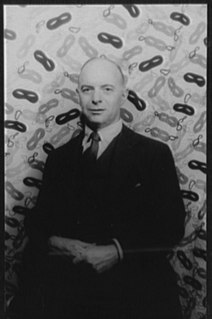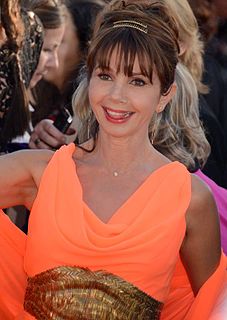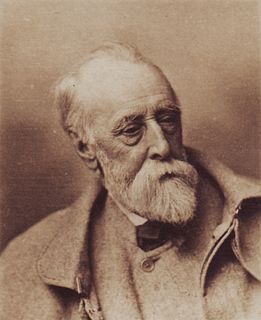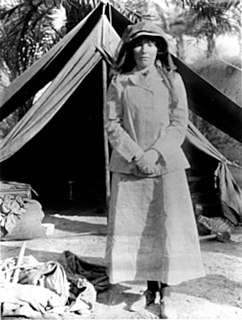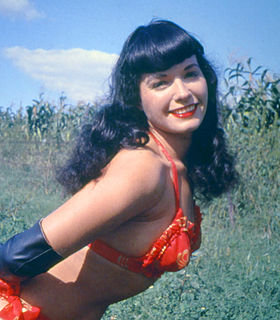A Quote by Louis Kronenberger
Coyness is a rather comically pathetic fault, a miscalculation in which, by trying to veil the ego, we let it appear stark naked.
Related Quotes
It is one of the greatest problems. It will appear very paradoxical, but this is true - before you can lose your ego, you must attain it. Only a ripe fruit falls to the ground. Ripeness is all. An unripe ego cannot be thrown, cannot be destroyed. And if you struggle with an unripe ego to destroy and dissolve it, the whole effort is going to be a failure. Rather than destroying it, you will find it more strengthened, in new and subtle ways.
Pathology has made us acquainted with a great number of states in which the boundary lines between the ego and the external world become uncertain or in which they are actually drawn incorrectly. There are cases in which parts of a person's own body, even portions of his own mental life - his perceptions, thoughts and feelings -, appear alien to him and as not belonging to his ego; there are other cases in which he ascribes to the external world things that clearly originate in his own ego and that ought to be acknowledged by it.
In the Bible (Hebrews, 6:19), hope is ‘an anchor of the soul, both sure and stedfast, and which entereth into that within the veil.’ Here [in Watts painting], Hope is blindfolded, seated on a globe and playing a lyre of which all but one of the strings are broken . . . Hope’s attempts to make music appear futile and several critics argued that the work might have been more appropriately titledDespair. Watts explained that ‘Hopeneed not mean expectancy. It suggests here, rather, the music which can come from the remaining cord’.
The term "self" seems a suitable one for the unconscious substrate whose actual exponent in consciousness is the ego. The ego stands to the self as the moved to the mover, or as object to subject, because the determining factors that radiate outward from the self surround the ego on all sides and are therefore supraordinate to it. The self, like the unconscious, as an a priori existent out of which the ego evolves. It is, so to speak, an unconscious prefiguration of the ego. It is not I who create myself; rather, I happen to myself.
Until quite recently I've been wholly cut off from [the Shias] because their tenets forbid them to look upon an unveiled woman and my tenets don't permit me to veil Nor is it any good trying to make friends through the women - if they were allowed to see me they would veil before me as if I were a man. So you see I appear to be too female for one sex and too male for the other.
In Buddhist ideology, the conventional self is that which is constructed in a way by the use of the pronoun, and when you realize there is no absolute ego there, no disconnected one, self, or ego, then that actually strengthens your conventional ego. It does so in the sense that then you realize it's a construction, and you can strengthen it in order to help others, or do whatever you're trying to do, it's not like you no longer know who you are. Then you can organize your behavior by using your ego, as it's now the pronoun.
The ego is not a thing but a subtle effort, and you cannot use effort to get rid of effort - you end up with two efforts instead of one. The ego itself is a perfect manifestation of the Divine, and it is best handled by resting in Freedom, not by trying to get rid of it, which simply increases the effort of the ego itself
